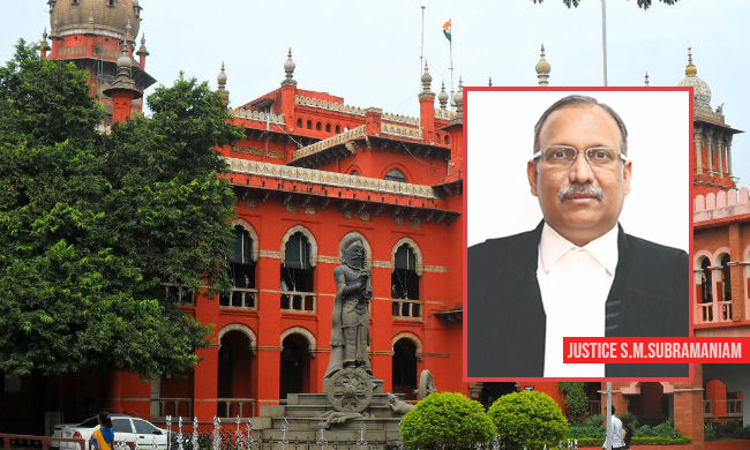Division Bench’s Directions Contrary To Principles Laid Down By Supreme Court: Madras High Court Single Judge On Custody Battle For US-Born Twins
Upasana Sajeev
2 Feb 2023 7:35 PM IST

Due weightage is to be given in respect of the choice and wishes of the children, who are minors, but matured enough to express their desires: Single Judge
Next Story


